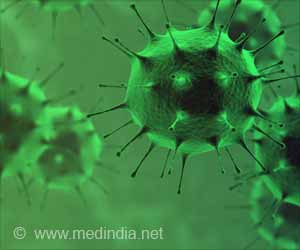Amidst the lurking struggles against the COVID-19 pandemic, a new report suggests that investments in nature are essential to prevent the next pandemic.

‘Amidst the lurking struggles against the COVID-19 pandemic, a new report from Harvard and global experts suggest that investments in nature like protecting forests and changing agricultural practices are essential, cost-effective actions to prevent the next pandemic.
’





“To manage COVID-19, we have already spent more than $6 trillion dollars on what may turn out to be the most expensive band aids ever bought, and no matter how much we spend on vaccines, they can never fully inoculate us from future pandemics,” says Dr. Aaron Bernstein, interim director of the Center for Climate, Health, and the Global Environment at Harvard T.H. Chan School of Public Health and leader of the Scientific Task Force for Preventing Pandemics at the Source. Invest in Nature
It is thereby mandatory to take actions that prevent pandemics from the beginning stage and eradicating them completely by stopping the spillover of diseases from animals to humans. This helps stabilize the planet’s climate and revitalize its biosphere.
A healthier environment contributes greatly to our health and also economic welfare. Evidence suggests that reducing deforestation and regulating the wildlife trade costs only 2% of the economic (cost of only $22 billion a year) and mortality costs to COVID-19.
Agriculture is associated with greater than 50% of zoonotic infectious diseases since 1940. Livestock operations like wildlife hunting and trade and the destruction of tropical forests with rapid, unplanned urbanization invite possible pandemic pathogens.
Advertisement
Measures to Combat pandemic
Advertisement
- Investment priorities to conserve tropical forests.
- Improve biosecurity for livestock and farmed wild animals.
- Establish an intergovernmental partnership to address spillover risk from wild animals to livestock.
- Aligned organizations such as FAO, WHO, OIE, UNEP, and Wildlife Enforcement Networks may join the operation.
- Research priorities to establish effective interventions for forest conservation, wildlife hunting and trade, biosecurity around farms, and spillover prevention.
- Assess the economic, ecological, long-term viability, and social welfare impacts of interventions aimed at reducing spillover.
- Refine our understanding of where pandemics are likely to emerge, including assessments of pandemic drivers like governance, travel, and population density.
Source-Medindia








